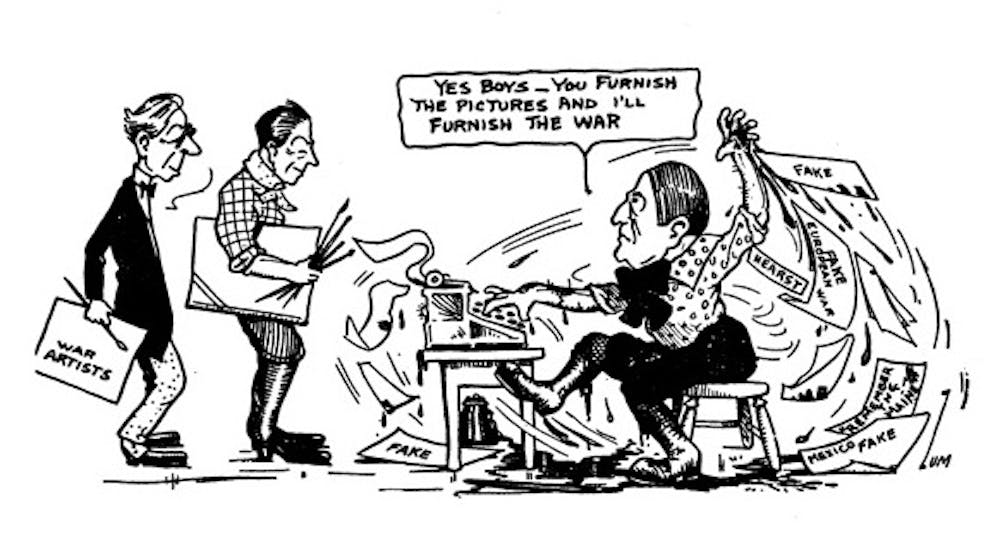
The Bully Pulpit: Theodore Roosevelt, William Howard Taft, and the Golden Age of Journalism, source
Hi! Welcome back to my blog where I will be reviewing books selected from the American Library Association’s weekly planner for July 2023-December 2024. This book is for the Week of October 1-7. Here is the fourth book being reviewed: The Bully Pulpit: Theodore Roosevelt, William Howard Taft, and the Golden Age of Journalism by Doris Kearns Goodwin.
***SPOILERS AHEAD***
A historical and non-fiction novel, The Bully Pulpit, provides readers with an in-depth description of Teddy Roosevelt’s time as President of the United States as well as his relationships with William Taft and journalists. Taft and Roosevelt began as friends, but their relationship was changed when they both ran as a Republican Presidential Candidate in the election of 1912. Friendships, especially in politics, eb and flow just like the ocean tides.
Their ideals clashed as both men ran as Republican candidates in the election. Taft believed Roosevelt to become too radical, branching too far away from the sound ideals and beliefs of the Republican Party. Too focused on monopolies, and too engaged with publicity.

Roosevelt and Taft, source
As a journalism major, I really enjoyed this book because it focused heavily on journalism and the characteristics of political/daily news journalists in the early twentieth century. This expose style was new at that time. Roosevelt was truly adored by the press as he dedicated time to speak to them. They portrayed him in a positive light because of the relationships he fostered with various news outlets. This is contrary to how political journalism can be today.
Often the stories are very negative about candidates and politicians do not try and form close relationships with members of the press. This occurred in the early twentieth century and was known as muckraking journalism: exposing and publishing scandalous information. This style mainly focused on exposing the immersion of monopolies and other corporations, especially those who didn’t follow labor laws and other government regulations.

Muckraking political cartoon, source

Roosevelt on a speaking tour around the country, source
Although muckracking was a negatively coined nickname for journalists, Roosevelt saw journalists as people informing the greater public of what was going on throughout the United States. Roosevelt evolved the office of President in this way. Instead of just sitting in the White House as the leader of the executive branch, he would engage the public and speak around the country on speaking tours. One of the reasons he formed such personal relationships with members of the media is so that he could do “publicity” around the country.
With the rise of journalism and photography, this was a new concept for the United States. Now, for example, Joe Biden attends workers rights protests in Michigan, and is pictured at his desk as he signs a new act into legislation. So much about the presidency deals with publicity. Roosevelt was the first one to truly change this and change the way the Presidency is viewed.
I would recommend this book to someone who is interested in the presidency, rise of the Republican Era, and journalism. The book offers biographies on politcians and journalists and discusses their intertwining relationships. The Bully Pulpit: Theodore Roosevelt, William Howard Taft, and the Golden Age of Journalism earns 4 out of 5 stars in my opinion. I found it to be a very engaging nonfiction book that focused on stories behind each person mentioned, and not a dull list of facts recited.

As someone who does not care about politics, this book did not seem interesting until you mentioned journalism. I don’t read a lot of historical fiction (in general) unless its relating toward large impact events. I love journalism, I almost majored in it. I took a journalism class in high school and I loved it! I love that you included, “They portrayed him in a positive light because of the relationships he fostered with various news outlets. This is contrary to how political journalism can be today.” I think this is such a great statement because it is so true! I don’t think I would read this book but it was interesting to learn about it!
I am on the absolute other end from you, as an engineering major, but I still have an immense appreciation for both the political and journalism sides of politics. I like how you discussed the differences in this book’s portrayal of Roosevelt versus traditional media sources at the time that often criticized every move of political figures. I also liked how you touched on Roosevelt’s connection with the media during his presidency because that itself was a unique characteristic that I didn’t know about. I think I would be interested in learning more about this, and even may seek it out to read!